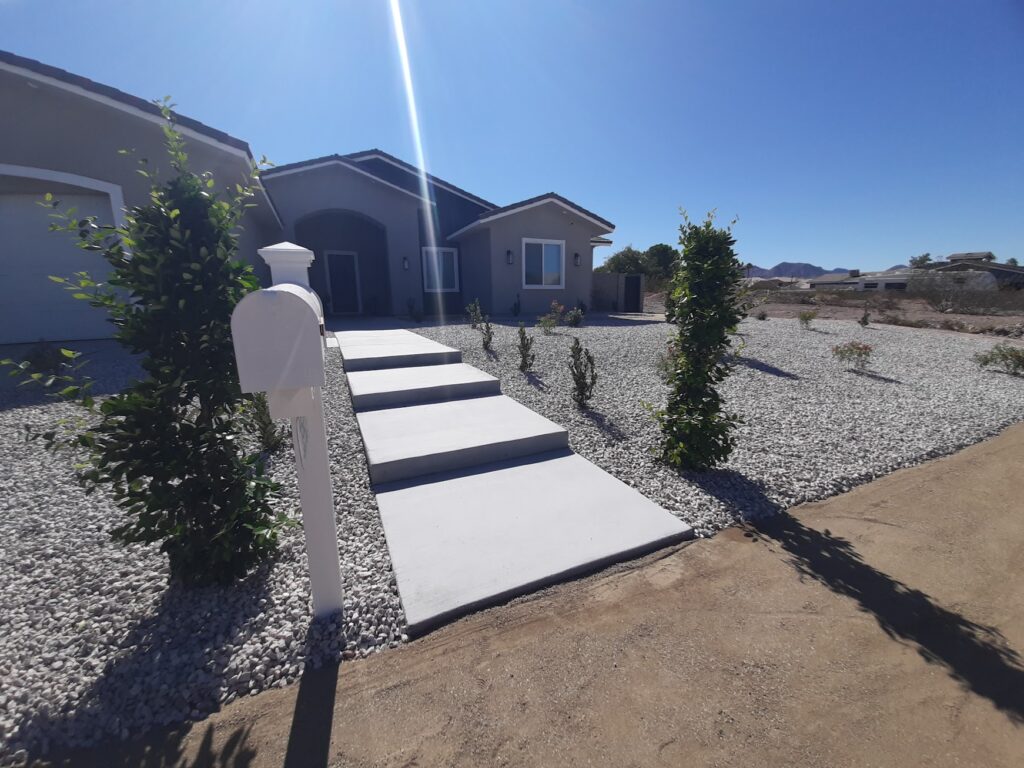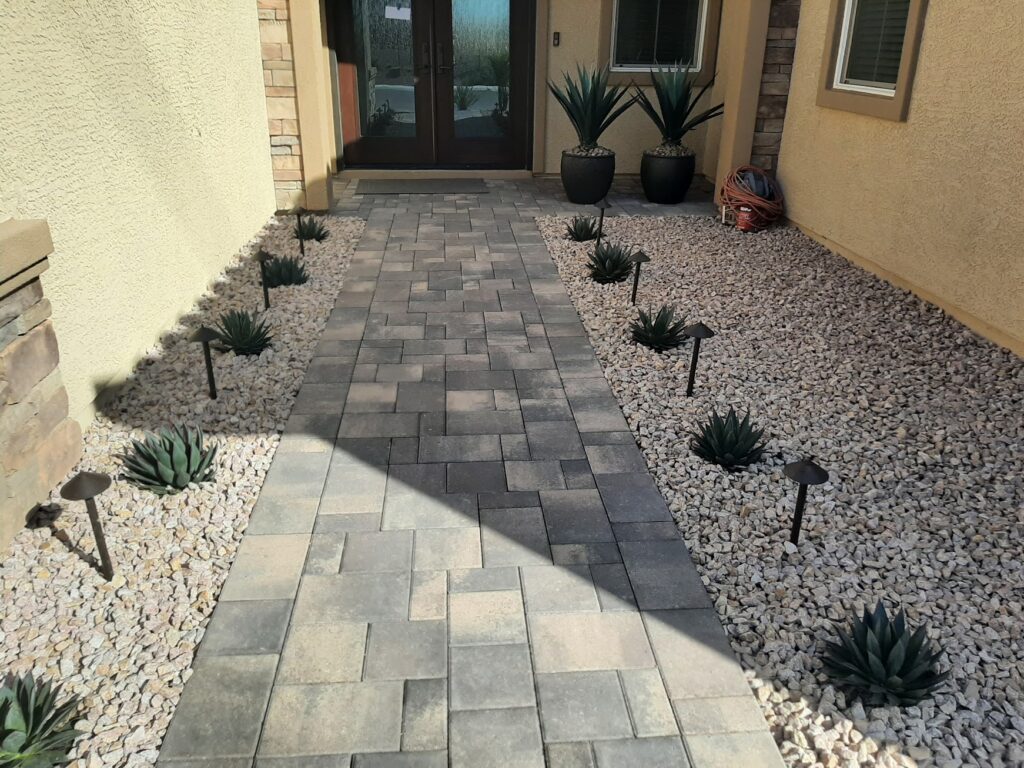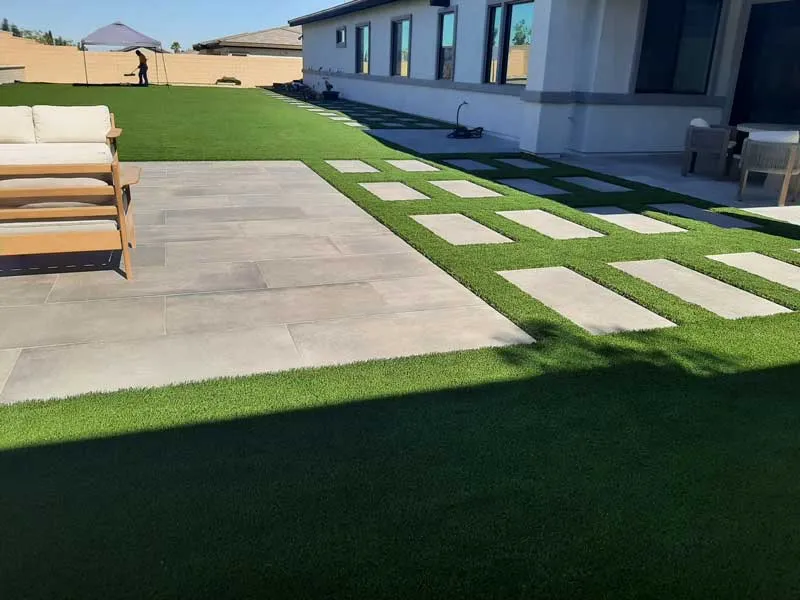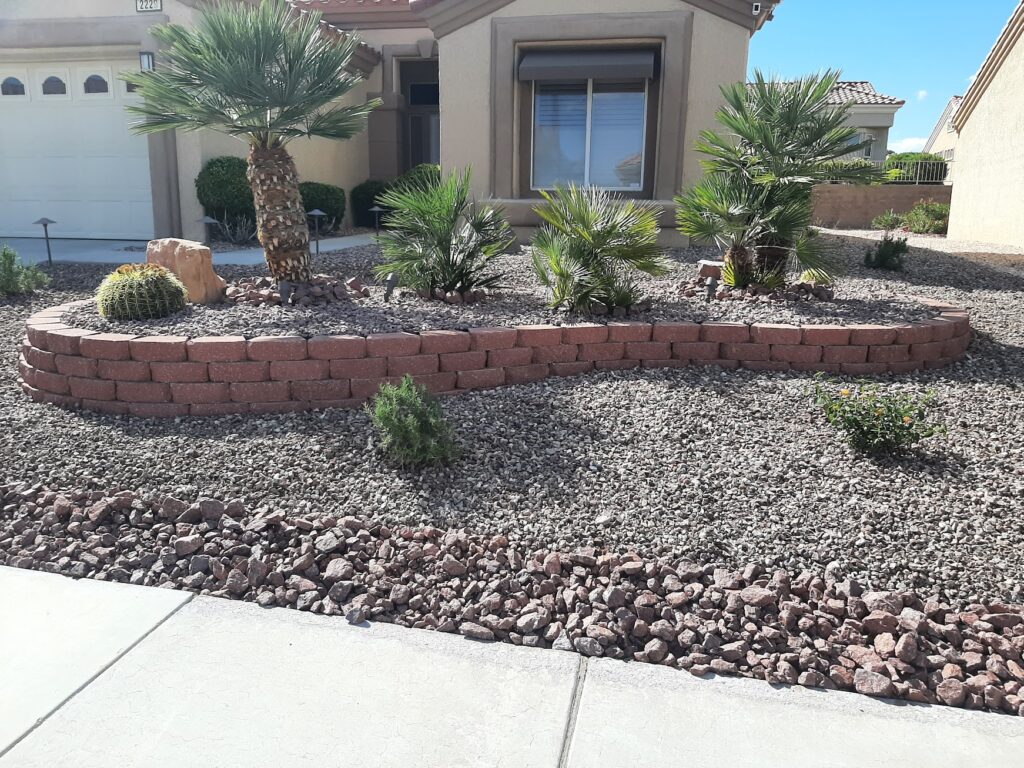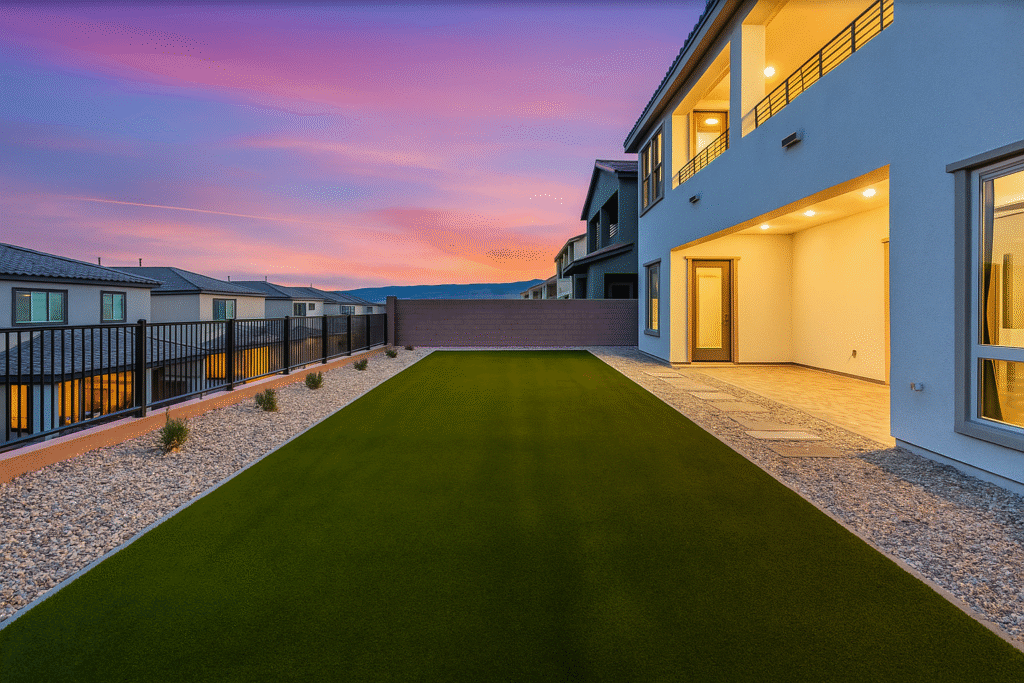Las Vegas is taking groundbreaking steps to address its water conservation challenges. Faced with the reality of drought and limited water resources, the Southern Nevada Water Authority (SNWA) has implemented measures designed to protect the community’s water supply for the long term. One of the most significant actions is the restriction of grass in the front and backyards of new residential developments. This blog explores everything you need to know about these new restrictions and their impact on water conservation in the region.
Understanding the New Water Restrictions
In December 2021, the SNWA Board of Directors approved a critical resolution to disallow the installation of irrigated grass in new commercial and residential developments. This bold measure aims to address the increasing demand for water as the population grows, while simultaneously mitigating the impact of drought and overuse of the region’s water resources.
Key Details of the Grass Restrictions
The restriction of grass targets specific areas to ensure water conservation efforts are maximized while minimizing disruption to essential spaces:
- Scope: The ban applies to irrigated grass in the front and backyards of new residential developments, as well as in new commercial properties.
- Exceptions: Grass is still permitted in schools, parks, and cemeteries, where it serves a communal purpose and offers recreational and ceremonial value.
- Impact: By restricting grass in these new developments, it is estimated that the region will save approximately 27,000 acre-feet of water over the coming decades.
The restrictions are an essential step toward balancing the region’s water needs with its projected growth.
Why Restricting Grass is Essential
Southern Nevada relies on the Colorado River for 90% of its water supply. With prolonged drought conditions and the declining water levels in Lake Mead, the region faces an urgent need to conserve every drop. The new rules focus on high-water-use areas, like residential lawns, which are one of the largest contributors to outdoor water consumption.
Front and Backyard Grass: A High-Water Luxury
Traditional grass lawns are water-intensive, requiring irrigation to thrive in Las Vegas’s arid climate. Banning grass in the front and backyards of new residential developments addresses this inefficiency. The move ensures that future residential growth will not jeopardize water availability for existing homes and businesses.


